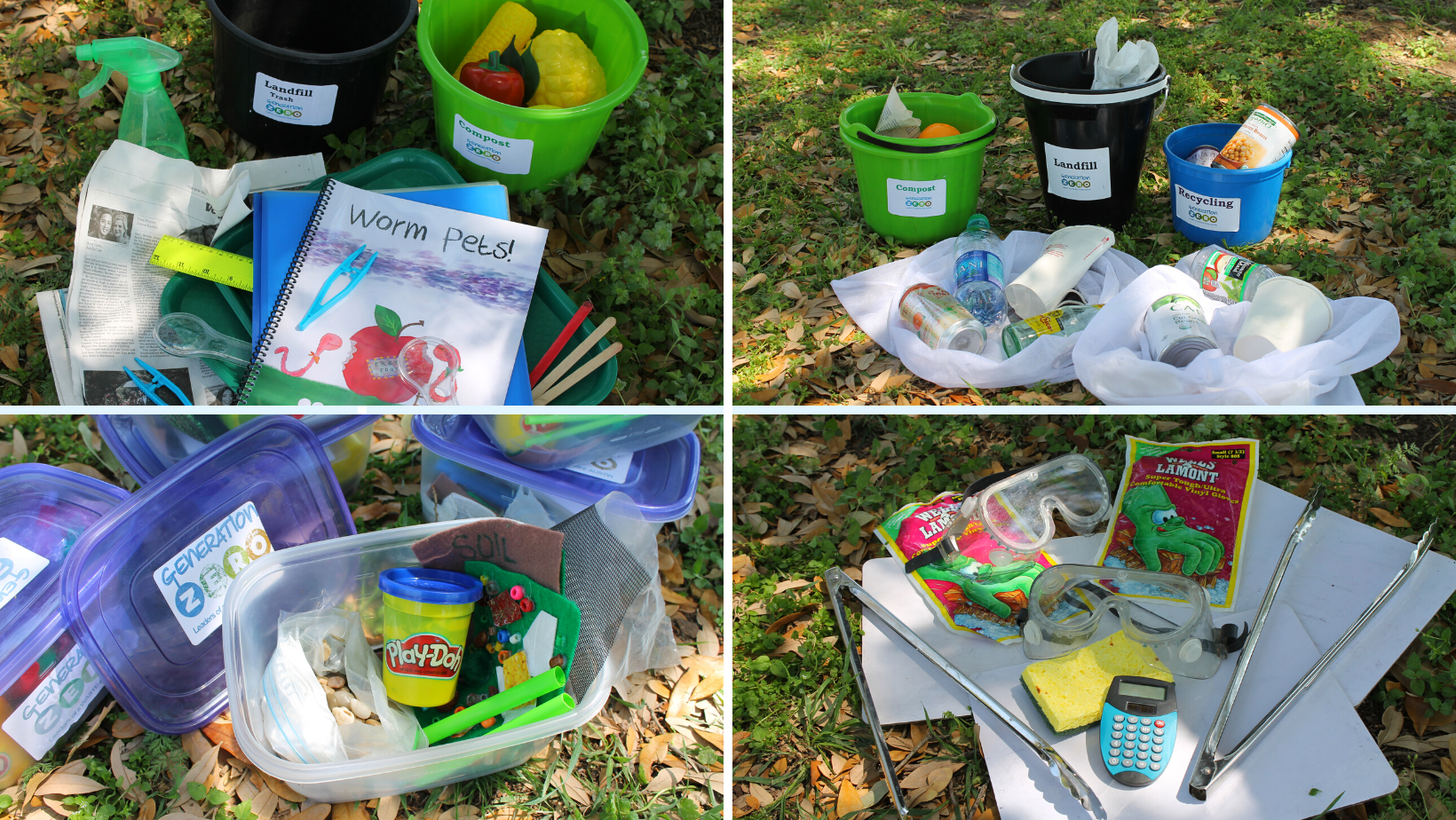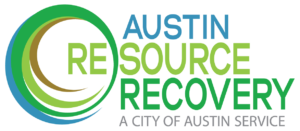Our Generation Zero Waste Activity Kits include lesson plans and materials for an activity with approximately 30 youth. These kits are a great add-on for sustainability lessons, perfect for use with a substitute teacher, and work well with non-traditional learning and youth groups.
Once you request a kit, our educators will coordinate a time for you to pick up the Activity Kits from the Keep Austin Beautiful office. After your event, please return the Activity Kits, fill out our Report Form, and send your photos to our education team to share your success.



